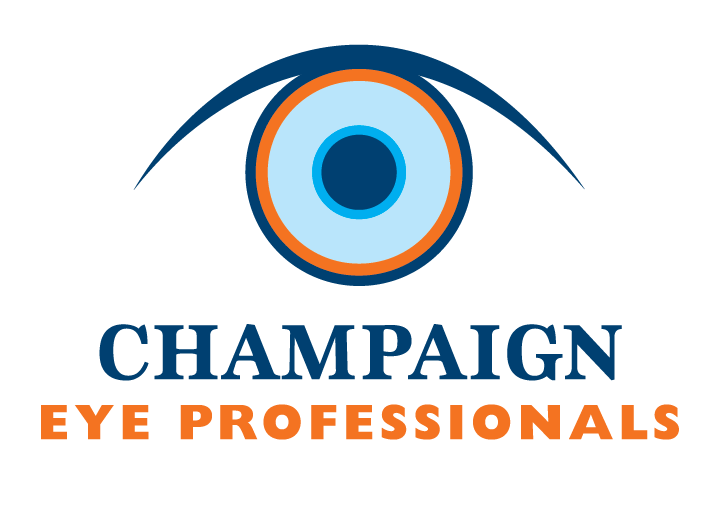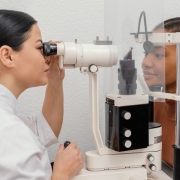What Medical Conditions Can Affect Vision?
While it is known that diabetes is related to vision problems like diabetic retinopathy that can lead to blindness, it is not the only disease that may impact vision and eye health.
When you visit your eye doctor in Champaign, IL, discuss with us any health concerns or medical problems you have, and let us know about the medications you take regularly.
Overall Health Can Affect Vision
Your vision can be affected by medical diagnoses, diet, lifestyle, and even seasonal allergies or weather conditions. If you experience vision changes or report eye pain, unexplained headaches, or blurry vision, we’ll work with you to determine the cause and provide the best possible solutions for your eyes and eyesight.
Causes of Vision Problems
Nearly half of all people with a visual disability are aged 65 or older, according to AARP, but serious eye problems are not necessarily related to aging.
Monitor Your Vision
Be aware of visual changes that might indicate an underlying serious condition.
Double Vision
If it disappears when you cover one eye, it could be an early sign of a stroke or aneurysm. Seek medical attention.
Eye Pain
Persistent eye pain might indicate an injury or infection. But sudden pain might also indicate a retinal tear or a detached retina that requires immediate attention.
Redness
Eye inflammation may just be a sign you’re overtired or stressed, but it can also be the first sign of a shingles infection or an inflammatory disease like lupus or rheumatoid arthritis.
Persistent Flashes or Floaters
A professional should check black dots or squiggly lines in your line of sight, particularly if they impede normal activity.
Dry or Itchy Eyes
This might indicate too much screen time. Give your eyes a rest, or try soothing eye drops.
Chronic medical conditions can affect eye health, and your primary care physician or medical specialist will no doubt recommend that you visit an eyecare professional for an assessment.





